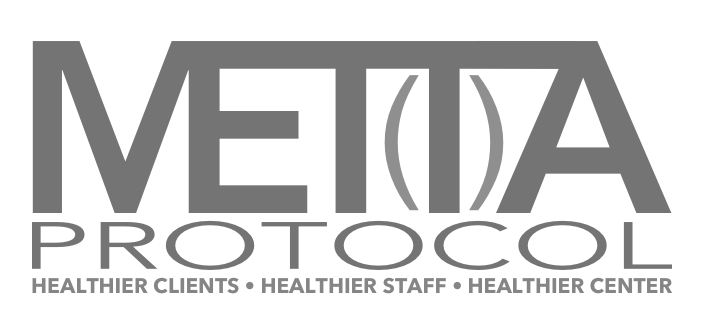My Presentation at the EMDRIA Conference and... The Road Forward
As part of my preparation to speak at this year's 2016 EMDRIA Conference in Minneapolis, I have been journaling my thoughts on the different aspects and hopeful impact of my presentation. For more information on the conference, click here. For additional journal entries, click here.
I have high hopes for this presentation, whether it be an immediate effect from the presentation itself, or just a first step on a path toward a new way of looking at treatment. I feel that there are a great number of wonderful therapies, old and new, that are already engaged and others that are poised to take on this world filled with trauma and the effects of trauma. Professionals from various theoretical orientations are trying their best to bring healing to those that suffer.
My hope is that this model of EMDR therapy anchored by Mindfulness as a framework for treatment will resonate. I feel that the AIP model and the 8 phase protocol are now ready to enter a new stage of development, with no big adjustments, only with the wide angle, long range view of developing treatment centers that are not only trauma informed, but trauma focused. Mindfulness provides the core of the stabilization and preparation for trauma reprocessing, and EMDR therapy's trauma reprocessing phases do what they have been shown to do for many years now. This applies not only to single incident trauma, but with all the modifications provided by many researchers and practitioners over the years as well as by those working in other modalities, we can apply this to the developmental trauma, attachment trauma, and Complex PTSD we see in so many of our clients. This applies to our addiction clients and those without addictions. This applies to utilizing the wisdom of trauma reprocessing and mindfulness to provide a complete healing template for individuals and the communities that treat them.
Going forward myself, my hope is to continue training as many therapists as possible in EMDR therapy by providing EMDRIA Approved Basic Training through the Institute for Creative Mindfulness. My hope is to help agencies to integrate this thinking into their treatment philosophy and then put it into action. My hope is to train EMDR therapists, supervisors and consultants in rolling out these kinds of programs. My hope is that my book Clinical Dharma can help providers to maintain their own wellness as they do so. And my hope is that my almost completed book with Dr. Jamie Marich on Mindfulness and EMDR Therapy as the new paradigm for trauma informed treatment will help all of it along.
Most of all, my hope is that all beings may be free from fear, all beings may be healthy, all beings may be healthy and the all beings may be at ease. May the work we all do contribute to this lessening and perhaps ending of suffering.

